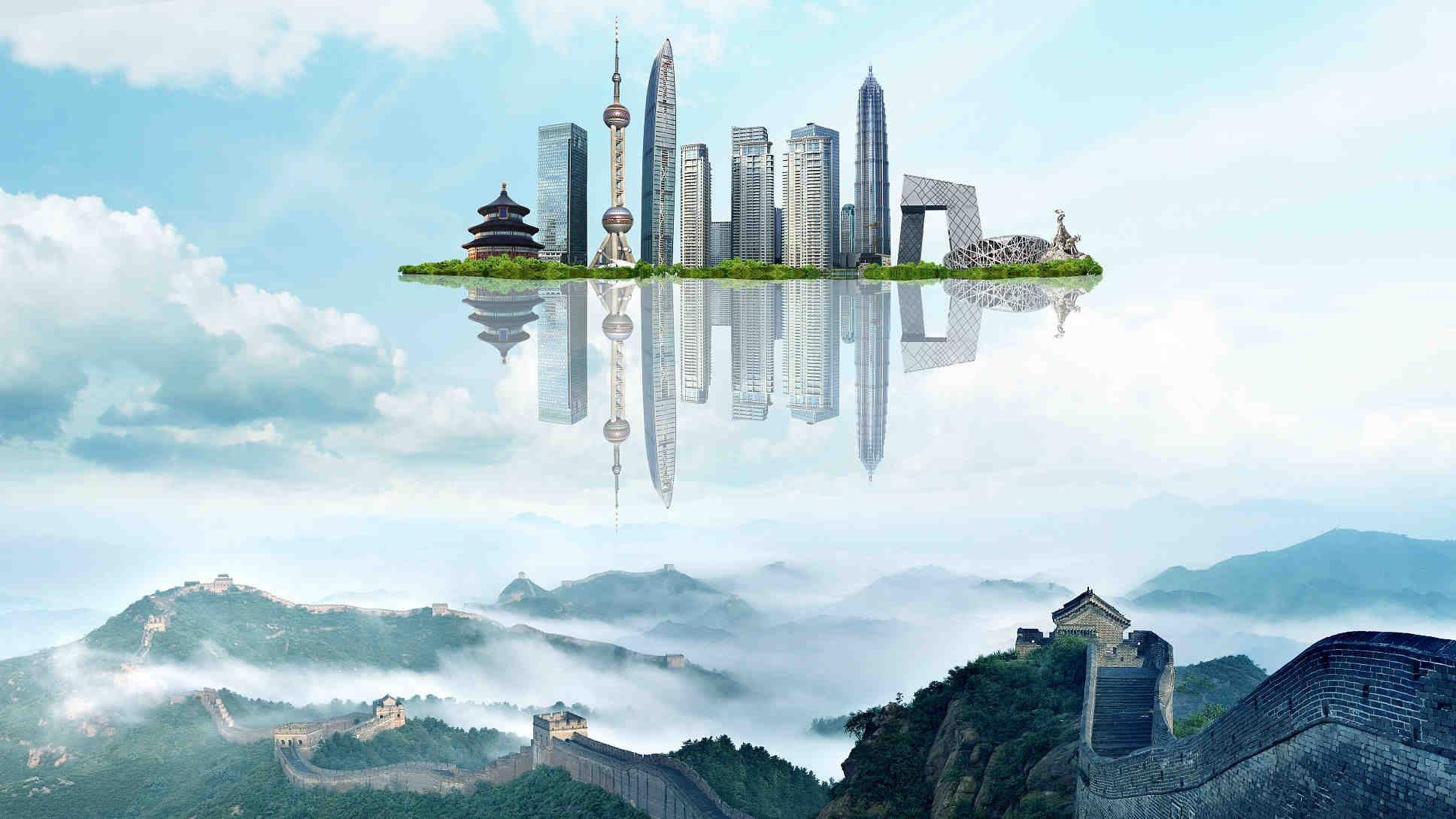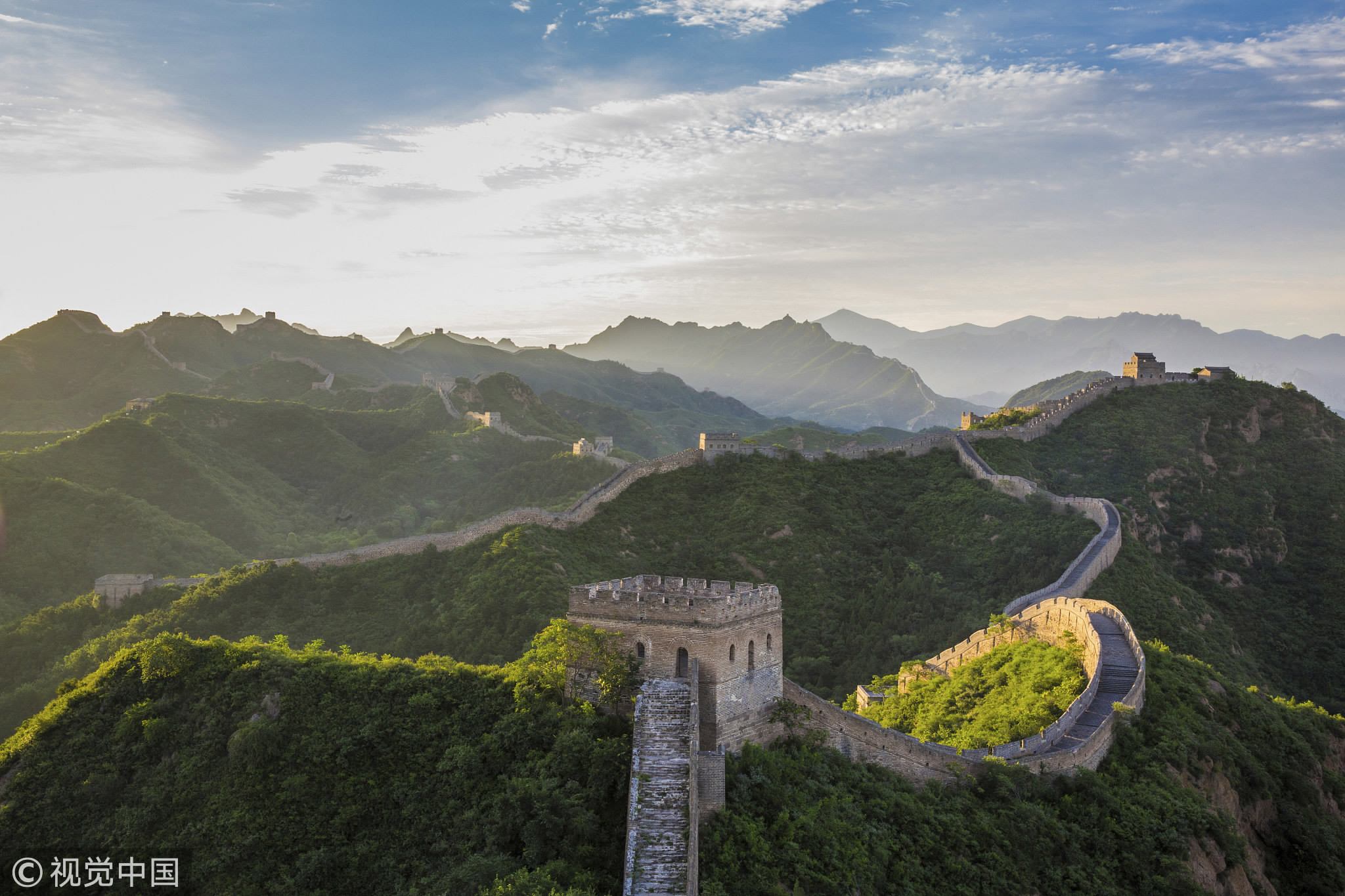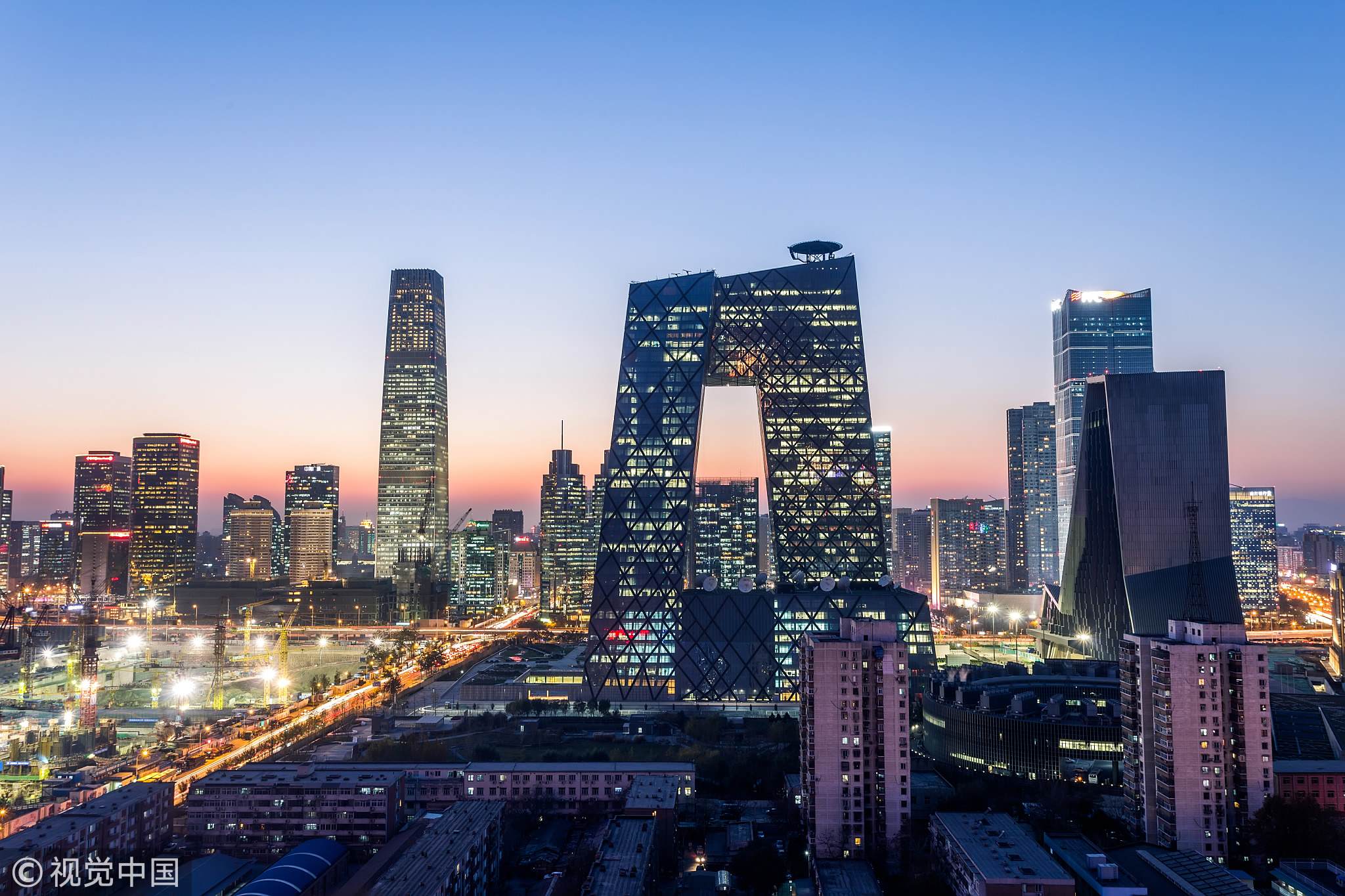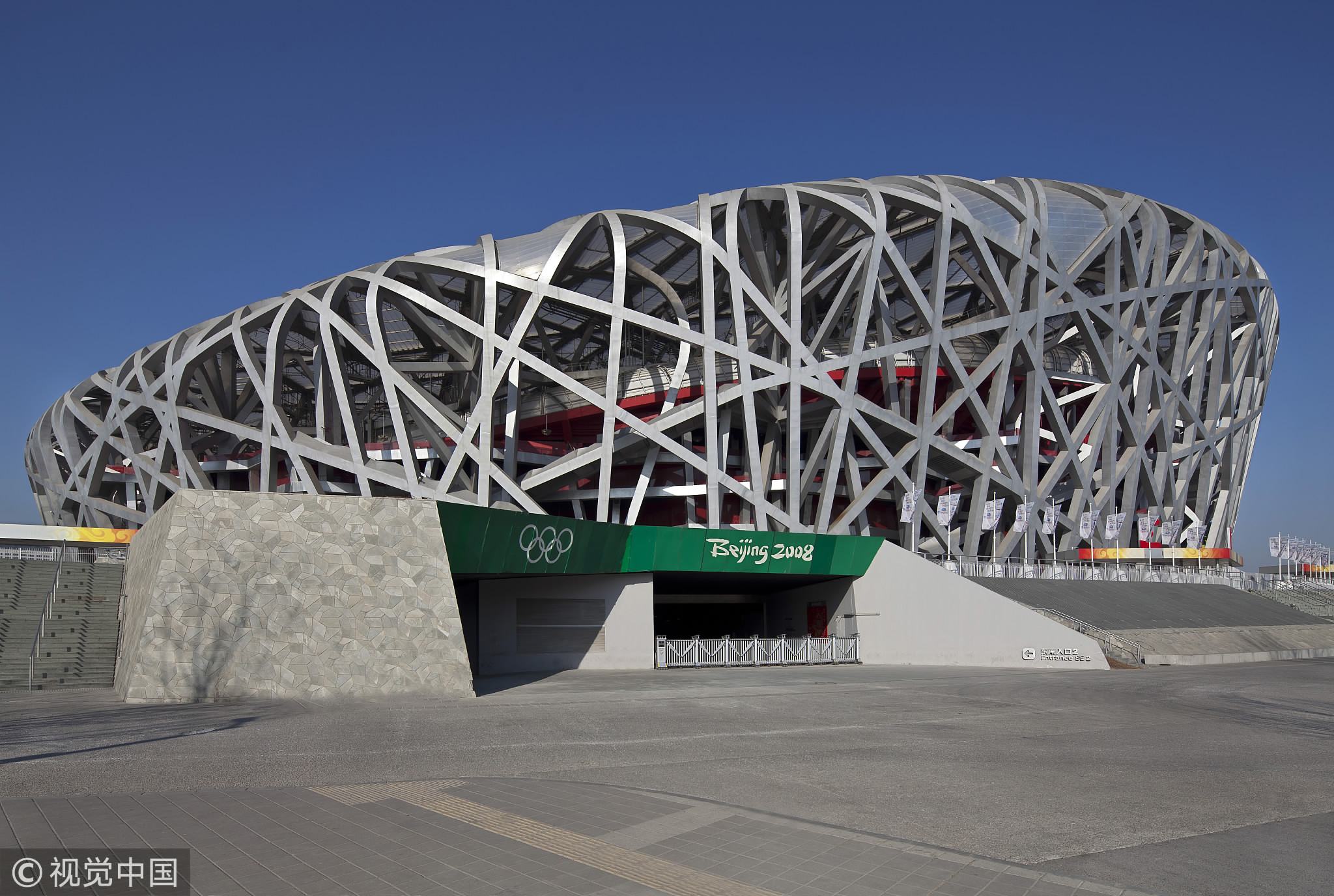
Opinions
12:23, 27-Jan-2018
Opinion: The ‘Chinese Dream’ is about defining Global China
Guest commentary by Wang Yiwei

“Professor Wang, you told me in class that China has 5,000 years of history, why are we celebrating the 60th anniversary of the PR China?”
This was the question I got in 2009 when Chinese Mission hosted the national day reception. A student, the daughter of an EU official, asked the question at a ULB lecture.
I was puzzled watching her serious and naive face. Actually her question touched upon a basic one: what is the relationship between traditional China and modern China? The People's Republic of China is modern China, 60 years old, while Chinese civilization has 5,000 years of history.

The Great Wall in China /VCG Photo
The Great Wall in China /VCG Photo
Lucian Pye, one of the foremost American scholars on China studies argued famously, “China is a civilization, while pretending as a nation-state.”
Moved by such an argument, many Chinese describe the “Chinese Dream” as the “great rejuvenation” of the Chinese nation, viewing tomorrow from yesterday, not from the day after tomorrow. While some describe the “Chinese Dream” as surpassing the US as the No. 1 power in the world.
Hu Angang, president of Tsinghua University's National Conditions Institute, concluded in a recent research paper that Chinese comprehensive power has already surpassed the US. The whole thing is a complex heated debate on Chinese media. Most Chinese worry this runs contrary to the Chinese character and will even put China in the position as the adversary of the US. While some other Chinese worry a new “great leap forward” is coming.
Actually, China is defining “modernization” and “socialism”, not being defined by modernization or socialism. The US is not the reference of the “Chinese Dream”. The great rejuvenation of the Chinese nation is not aiming to replace the US as the No. 1 power in the world, but to shape global China’s new identity.

Beijing Central Business District /VCG Photo
Beijing Central Business District /VCG Photo
Liang Qichao, a great scholar at the end of the Qing Dynasty (1644-1911), classified Chinese history as “China’s China”, “Asia’s China” and “the World’s China” which also reflected China’s three identities. In today’s world, China’s identity is struggling to reconcile the trinity of “Traditional China”, “Modern China” and “Global China”, which are embodied in different cases and circumstances:
1. “Traditional China”: Cultural China which is based mainly on Confucian culture with strong continental and agricultural characteristics.
2. “Modern China”: Political China which is based on the revolution experience struggling for independence and prosperity since the Opium War.
3. “Global China”: Economic China which is based on the opening and reform process with globalized interests and mentality by initiating Chinese versions of universal value, describe by Chinese president Xi Jining as “community of shared future”.

Bird's Nest National Stadium in Beijing, China /VCG Photo
Bird's Nest National Stadium in Beijing, China /VCG Photo
When Chinese identity is shifting from “traditional China”, “modern China” to “global China”, we should also understand that the Chinese model as one which is diverse and has a dynamic perspective.
There is no one pure China model at all, even the concepts of “traditional” and “republic” were imported from Europe in modern times. Just as the “silk road” is a European concept imposed on China, so China now uses the term “Belt and Road Initiative” not “Chinese new silk road project”. China can learn from the West and reflect on the success of the West but China needs to go beyond the Western experience.
Concepts like GDP, comprehensive power, are difficult to capture and define China’s power or the "Chinese Dream". The theme of the 21st century is about who can solve the problems that every country is facing. It is smart cell phone not a Canon defeating a Nikon. There is no so-called Thucydides trap but a mentality trap between China and the US.
China’s future is to be herself not another America.
(Wang Yiwei is a Jean Monnet Professor at Renmin University of China. The article reflects the author's opinion, and not necessarily the view of CGTN.)

SITEMAP
Copyright © 2018 CGTN. Beijing ICP prepared NO.16065310-3
Copyright © 2018 CGTN. Beijing ICP prepared NO.16065310-3